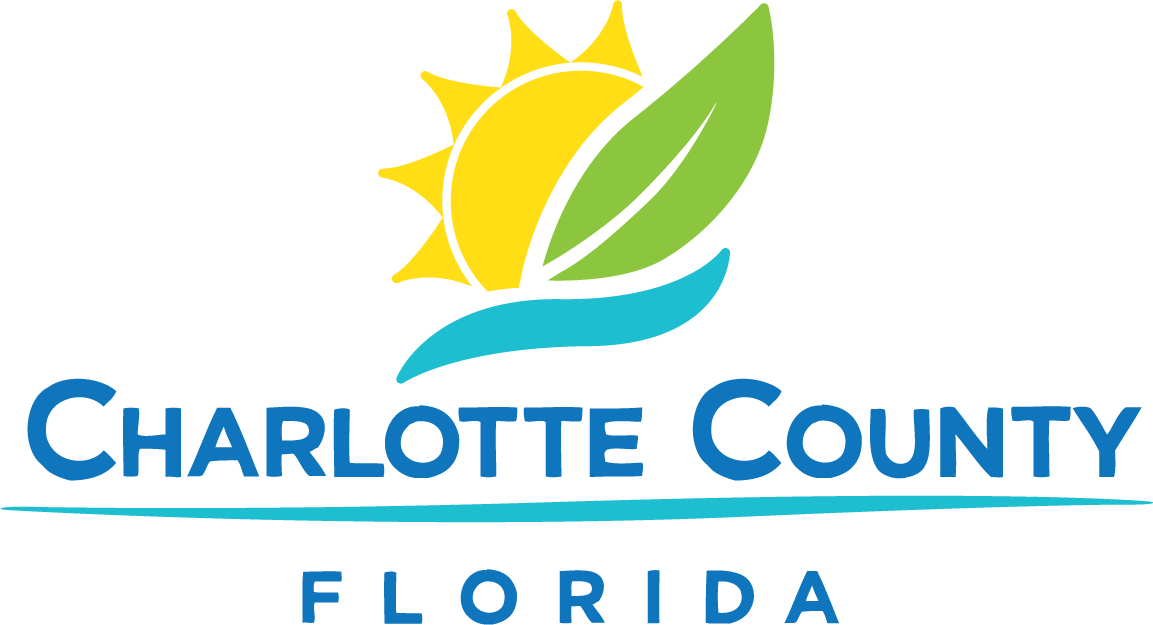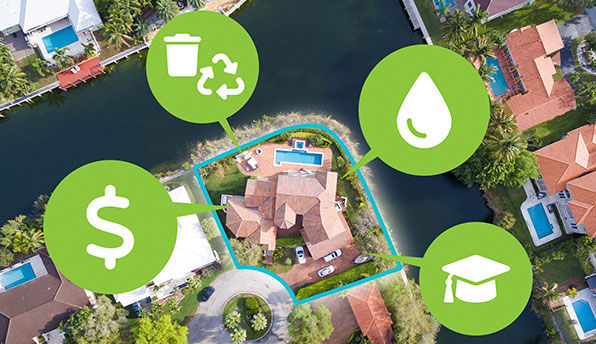Commercial establishments often use concentrated quantities of solvents, acids, chemicals, heavy metals, or other materials, and have a potential to discharge concentrated amounts of such materials into the sewer system. These types of substances can destroy sewer lines, produce hazardous gases, or create flammable or explosive conditions. These same substances can also interfere with the operation of the wastewater treatment plants or pass through untreated, resulting in a lower quality of effluent. The controlling of these discharges at the source by pollution prevention methods, by pretreatment of wastewater before discharge, and by prohibiting the discharge of specific hazardous substances into the sewer system will eliminate many problems associated with non-domestic wastewater discharges.
Grease Interceptor Tank Standard Details
National Pretreatment Program
The National Pretreatment Program is a cooperative effort of federal, state, and local regulatory environmental agencies established to protect water quality. The program is designed to reduce the level of pollutants discharged by industry and other non-domestic wastewater sources into municipal sewer systems, and thereby, reduce the amount of pollutants released into the environment from these sources.
The National Pretreatment Program was established by Congress under the authority of the Federal Water Pollution Control Act of 1972 (Pub. L 92-500) as amended by the Clean Water Act of 1977 (Pub. L 95-217). Implementation requirements of the pretreatment portions of these laws were first codified into 40 Code of Federal Regulations (CFR) Part 403 in 1978. The Florida Department of Environmental Protection (FDEP) received authority from the U.S. Environmental Protection Agency (EPA) to establish a State National Pollutant Discharge Elimination System (NPDES) permit program in accordance with section 402 of the Clean Water Act of 1987 (CWA) specifically including the pretreatment program under 40 CFR part 403. The authority for FDEP to administer the state pretreatment program is established in Chapter 62-625 of the Florida Administrative Code (FAC).
Objectives of the Pretreatment Program
- Protect the environment, public health, and safety
- Provide safe working conditions for sewer utility workers
- Protect wastewater, collection, and treatment facilities from damage due to an accidental or deliberate discharge of pollutants
- Prevent the introduction of substances that would block or obstruct the collection system
- Prevent the introduction of pollutants into the collection system which would interfere with the wastewater treatment process, or pass through the plant
- Improve the opportunity to reclaim and recycle municipal wastewater and biosolids
Industries Regulated By Pretreatment Program
All businesses, including industrial, commercial, and governmental, that discharge anything other than normal domestic wastewater are technically subject to the requirements of the Pretreatment Regulations. For most businesses, this simply means they cannot discharge anything that will adversely affect the wastewater system or its workers or the treatment plant effluent or biosolids.
For businesses discharging significant amounts that may be detrimental to the County’s wastewater system, there may be additional requirements. These businesses, classified by the County as Significant Industrial Users (SIUs) are required to obtain industrial discharge permits in order to discharge into the sewer system. Each permit contains specific limits on the industrial pollutants that are present in an industry's discharge. Permits also contain monitoring and reporting requirements with which the industry must comply if it is to continue discharging into the wastewater system.
Prohibited Wastes
- Flammable or explosive substances
- Highly toxic or poisonous substances
- Solid or viscous substances that may cause an obstruction to flow
- Wastewater having a pH less than 6.0 or greater than 8.5
- Pollutants in excess of federal, state, and local limits (whichever is more stringent)
- Wastes that may damage or clog wastewater transmission facilities and pipelines
- Businesses are also restricted from discharging the total quantity of certain materials entering the wastewater system. Some of these materials are as follows:
- Acids and/or bases
- Wastes with high temperatures
- High BOD (high organic loading)
- High suspended solids
- Heavy metals
- Fats, oils, and grease (FOG) in excess of 100 mg/l
Significant Industrial Users
The following types of businesses are considered to be SIUs:
- Businesses engaged in operations identified as "categorical" processes by EPA. These categorical processes include electroplating, metal finishing, nonferrous metals forming, battery manufacturing, and a number of others under Rule 62-625.410 F.A.C. and 40 CFR Chapter 1, Subchapter N.
- Businesses that discharge 25,000 gallons per day or more of process wastewater, unless they are found by the County to have no potential to violate local pretreatment standards (Local Limits).
- Businesses that contribute a process waste stream making up 5 percent or more of the average dry weather hydraulic or organic capacity of the treatment plant.
- Businesses, regardless of size, whose discharge has a potential to adversely affect the operations of the County’s wastewater system. These include such facilities as dry cleaners, film processing facilities, etc.
SIU Requirements
Besides obtaining an industrial discharge permit, SIUs may be required to install facilities to treat their wastewater prior to discharge into the wastewater system to meet applicable pretreatment standards. SIUs must periodically sample and analyze their discharge to determine compliance, and must report the results to Charlotte County Utilities. SIUs who fail to comply with pretreatment standards face the possibility of serious enforcement actions, including monetary penalties and termination of sewer service.
SIU Discharge Permit
An industrial discharge permit can be obtained by calling the Industrial Pretreatment Department at 941.764.4387 or fax 941.764.4583.
East Port Environmental Campus
25550 Harborview Road, Bldg. B, Port Charlotte, FL 33980
Phone: 941.764.4387
Fax: 941.764.4583






